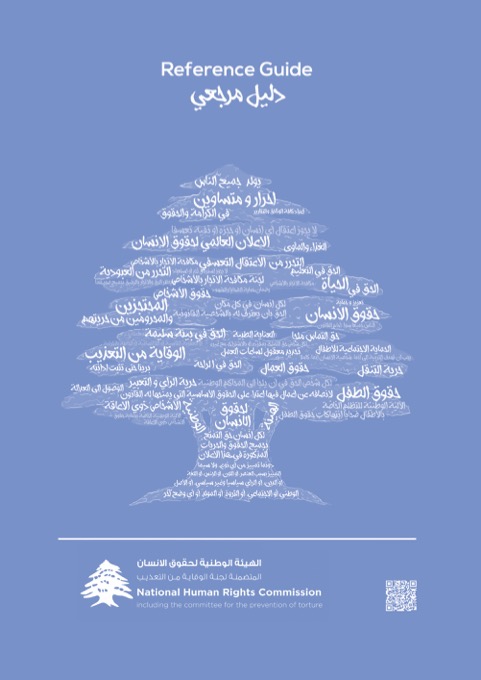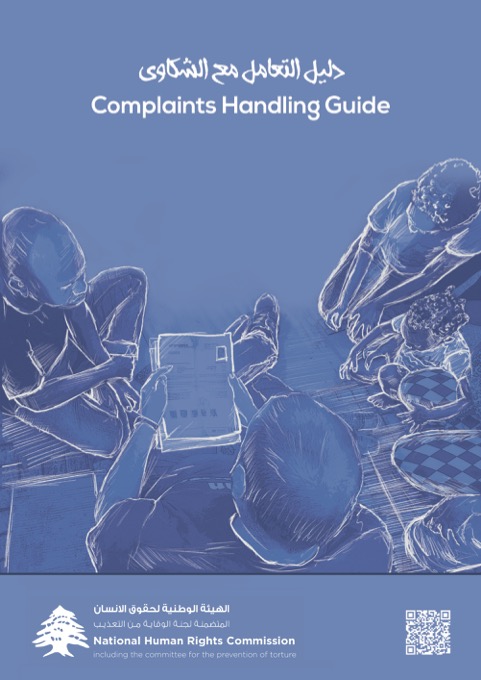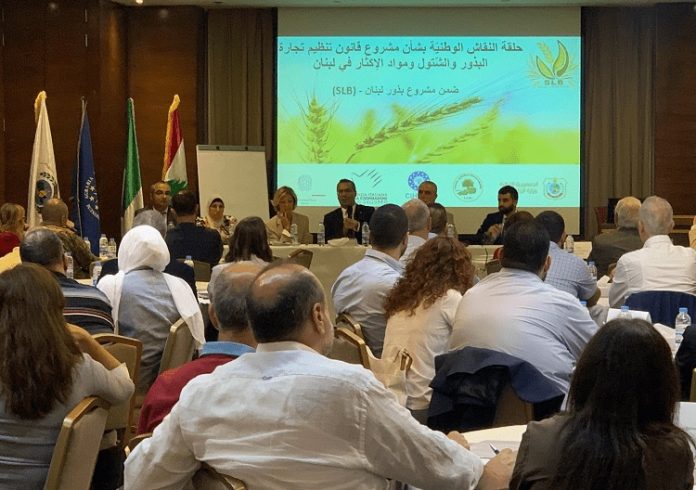The Legal Agenda published an article by Amani El-Baayni on 10 November 2025 entitled “The Seed Trade Law on the Table and Food Sovereignty at Stake.”
The piece reports on a national roundtable held on 6 November 2025 by the Lebanese Ministry of Agriculture, in cooperation with the International Centre for Advanced Mediterranean Agronomic Studies – Bari (CIHEAM Bari), to discuss the draft law on the regulation of seed, plant, and propagation material trade in Lebanon. The initiative falls under the “Seeds of Lebanon” project, funded by the Italian Agency for Development Cooperation (AICS).
According to El-Baayni, the debate revealed a clear division between two approaches:
-
an economic and commercial perspective advocating for market regulation and investment protection, and
-
a human-rights and environmental perspective warning that the draft law could undermine food sovereignty and farmers’ rights.
A particularly significant contribution came from the National Human Rights Commission (including the Committee for the Prevention of Torture). Commissioner Bassam Al-Kantar emphasized that the draft law approaches the issue from a narrow, technical, and commercial standpoint, overlooking the human-rights, social, and environmental dimensions linked to the right to food, farmers’ rights, and the protection of agricultural biodiversity.
The Commission called for:
-
Recognition of the national system of local and traditional seeds and the farmers who preserve them;
-
Inclusion of provisions protecting genetic and agricultural diversity through participatory mechanisms involving farmers and women;
-
Alignment of the law with the UN Declaration on the Rights of Peasants (UNDROP); and
-
Respect for social justice, equality, and non-discrimination principles.
The Legal Agenda noted that agricultural and ecological experts, along with the Lebanese Agro-ecology Coalition, expressed similar concerns. They warned that the law, inspired by the UPOV Convention, could strengthen corporate monopolies over seeds and restrict farmers’ ability to save and exchange them.
El-Baayni concluded that the future of Lebanon’s seed law must strike a fair balance between regulating agricultural markets and safeguarding food sovereignty, ensuring that seeds remain a shared national heritage and a source of life—not merely a commercial commodity.
هذه المقالة متاحة أيضًا بـ: العربية (Arabic) Français (French)



